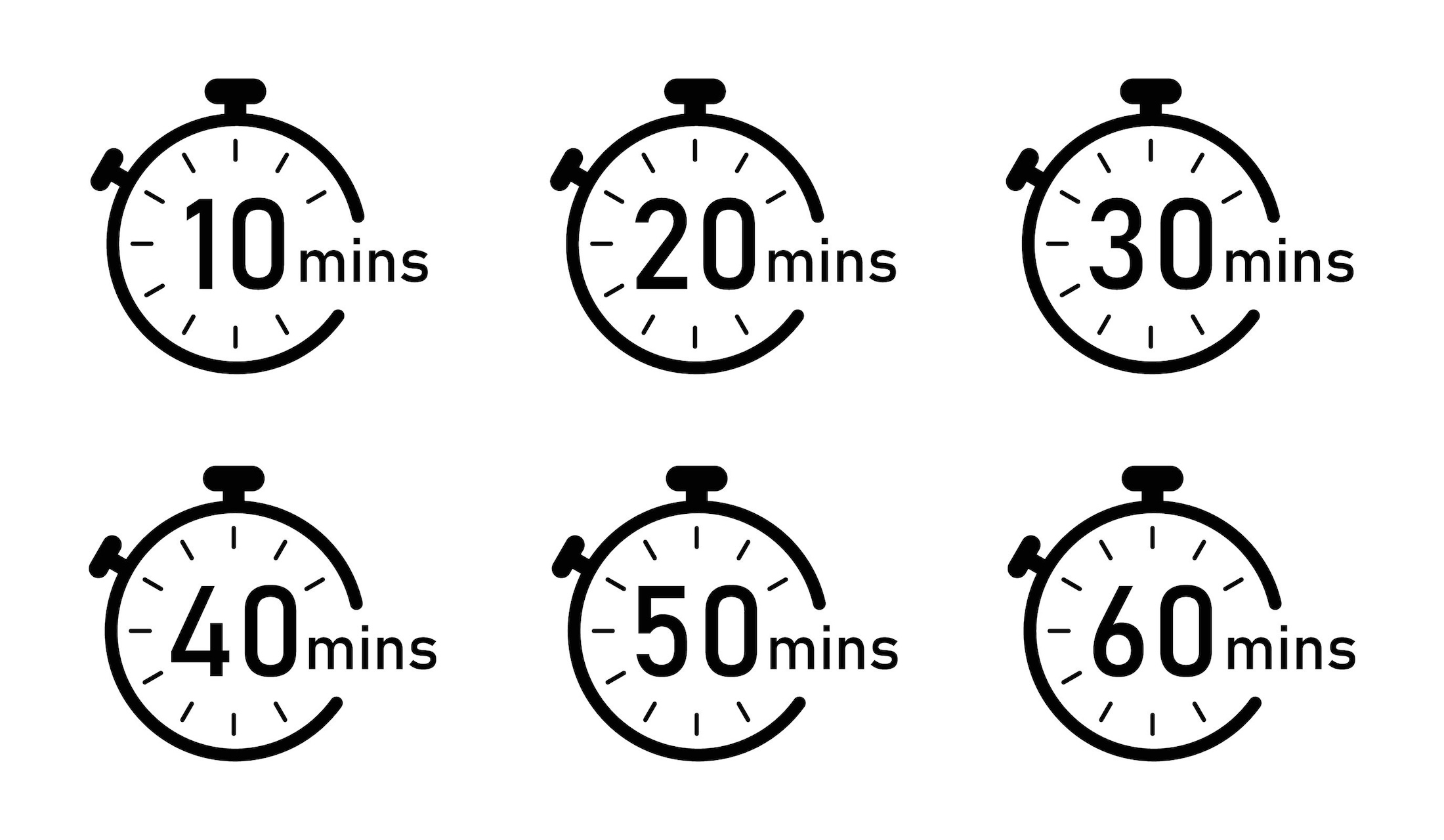In a multimedia world, your company needs visual content to get your message across.
When it comes to communicating ideas, nothing is as effective—or quick—as visual material. Humans are hard-wired to process information coming from our eyes. That’s why images, whether moving or still, are such important assets in any company’s marketing arsenal.
This is especially true for companies operating in complex industries. A visual helps transform facts and figures into digestible bites of information, which anchor themselves in our memory. Plus, they are an easy way to spruce up a newsletter, a presentation, a social media page, or even a press release. They enable your message to reach—and be understood by—a wider audience.
The following are three tried-and-tested visual formats that can give your marketing a quick boost.
1. Short animations
I’m a big advocate of videos, because the format is unparalleled in its ability to convey a message. A moving image provokes greater emotion than a static one, and today’s multimedia landscape caters to this natural inclination.
For the greatest flexibility, go with short animations. That way, you can bypass the need to film or utilize generic stock video. Plus, a consistent style can help you enhance your company’s visual identity at the same time.
Here, a statistic comes alive through a short animation. The small graphic elements keep the viewer engaged for a full seven seconds. It’s also the kind of asset that can be used across different platforms.
Again, a simple animation renders a message immensely more interesting. Plus, it can be used over and over again – as is, or accompanied by different text.
2. Charts and graphs
Numbers themselves are hardly photogenic. When dressed up in charts and graphs, however, they are extremely persuasive.
The key here is designing with clarity as your overriding objective. Expect your viewer to spend no more than a few seconds, tops, looking at the visual. Your message must come through in that narrow window of time.
This is a clean and easy chart that tells a story in an instant. There is no need to go too “academic” – you can relax the format and make the message jump off the page by playing with colors and fonts.
We don’t even need to look at the numbers to understand the message here. Between the descriptive chart and the play on font sizes, clarity is achieved.
3. Infographics
Infographics build on basic data visualization to weave many elements into a larger story. They allow you to go deeper into a topic and distill it through design.
The powerful thing about infographics is that you can give it a narrative flow. You can organize it according to chronology, geography, Q&A, process, and more. It’s truly a blank canvas.
This could have been an article, but, as an infographic, it is infinitely more eye- catching. We capture snippets of information as our eyes scan the visual, aided by descriptive icons and graphics.
This is a simple yet informative infographic that brings different insights together. With very little text, we are able to get the main points easily. Such visuals are not only versatile, but they are expressive as well!
Click here to see all Adrian Dearnell’s Forbes contributions





